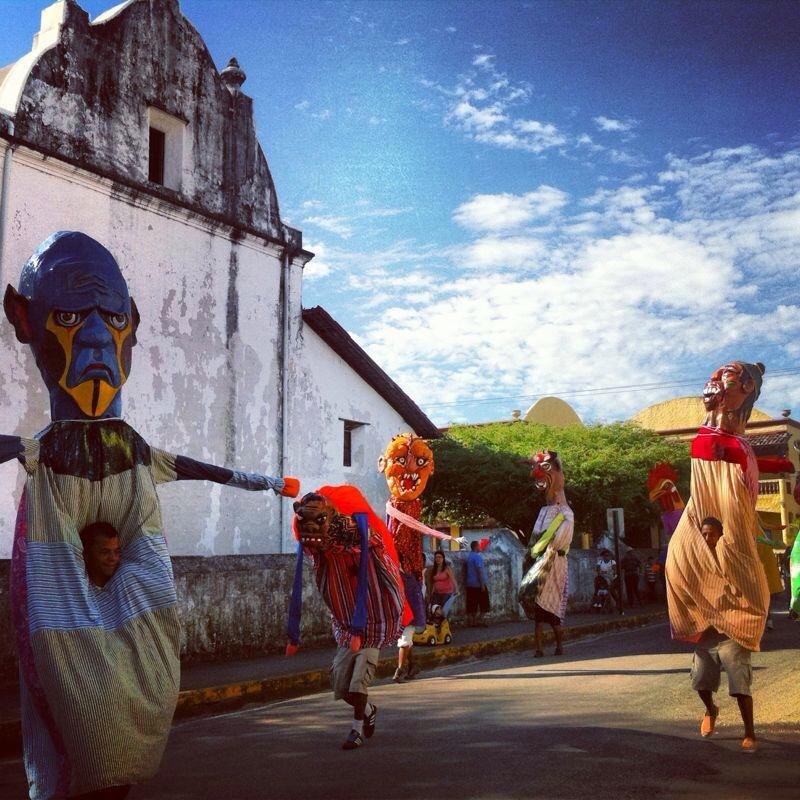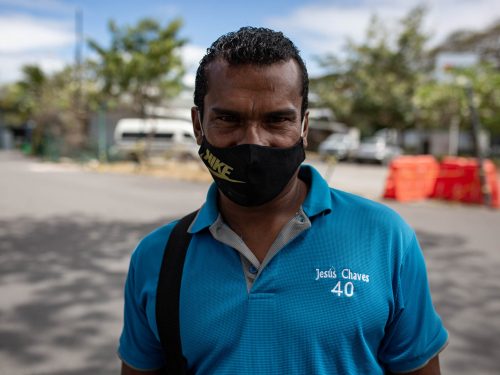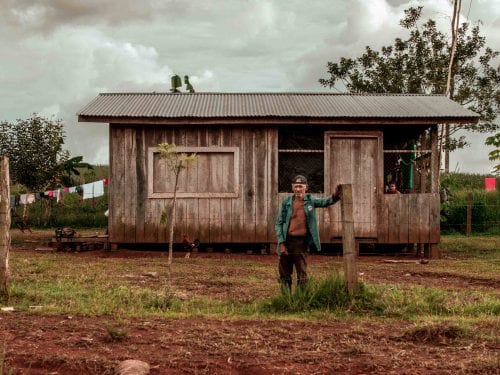
One hundred sixty two years after that glorious day in July on which a group of Nicoya Peninsula residents decided the future of their District, my mother gave birth to me in the same town that declared, “Our homeland by our free will.” I saw light for the first time in a hospital named after that excellent event. History has its difficulties, and as Clausewitz said, the same political goal can cause different reactions, in different countries or even in the same country through different ages. And well, here I am venturing to guess about how the District of Nicoya – today called Guanacaste – if in 1824 history had taken a different path, specifically one headed further north than Rincon de la Vieja.
Exactly 190 years ago, Nicoya was annexed by Costa Rica as a complete peninsula with few habitants and deep administrative uncertainty, leaving behind the difficult and imposing task of financing the fratricidal wars between Granada and Leon to seek a more prosperous, peaceful future. Past the San Juan, history was dark – violence affected the everyday life of the Nicaraguan people.
The Costa Rica of that day received with great happiness its new district, later calling it a province, and renamed it Guanacaste. With great skill they added fertile, high altitude land, filled with gold, water and amazing souls. The territories that are today the cantons of Bagaces, Cañas, Tilaran and Abangares, which in 1915 were cut off through a historic offense are now just as Guanacastecan as the peninsula’s edge.
Perhaps if the Guanacaste of today were administered by Managua, paths would be built on the shores of the Lagarto River, beer would be cheaper and instead of Punto we would dance Palo e’ mayo. Disputes over Caribbean islands would be centered in cloud forests and Monteverde would be the new source of discord. History is ours and we write it as a people. Now and forever, good government, the same as a good father, is that which provides equal opportunities to its children, with the same tools and the same brilliance. A nation should not be judged by how it treats its highest-ranking citizens, but by how it treats those of have little or nothing. The differences in opportunities force many to find themselves in communion with the immense plain on which we’ve been born, perhaps far from their bodies, but always in their souls.
Providing Guanacastecos – now and in the future – with opportunities to continue elevating the Costa Rican nation is the duty of our homeland, along with maintaining peace and liberty forever in our country, as it was those attributes that most captivated those men who sought and earned the maternal support of Costa Rican institutions. It is fair that Costa Rica knows how to duly repay the respectable benefit that the noble people of Nicoya have given to the nation, though we live removed from it, though we live in these exquisite lands. Cries, shouts, dreams and happiness all coexist here, wrapped in hope and the burning sun.
In Guanacaste, two parallel loyalties live together: local loyalty and national loyalty. Two fluid identities that don’t have to conflict with each other. We are Costa Ricans by fact and right. Today Guanacaste is Tico and I write this convinced that, of all the excesses, the only advisable choice is an excess of happy gratitude. Costa Rica has much to thank our province for, in the past, in the present and the future. Guanacaste is eternal.







Comments